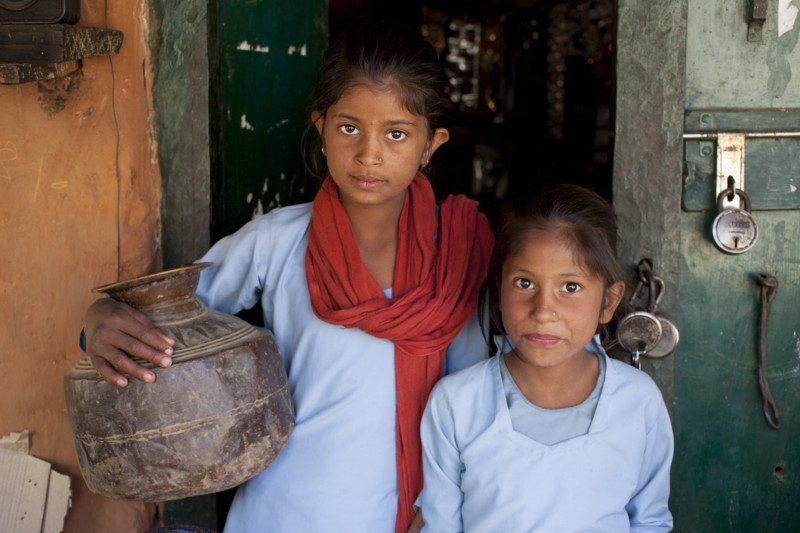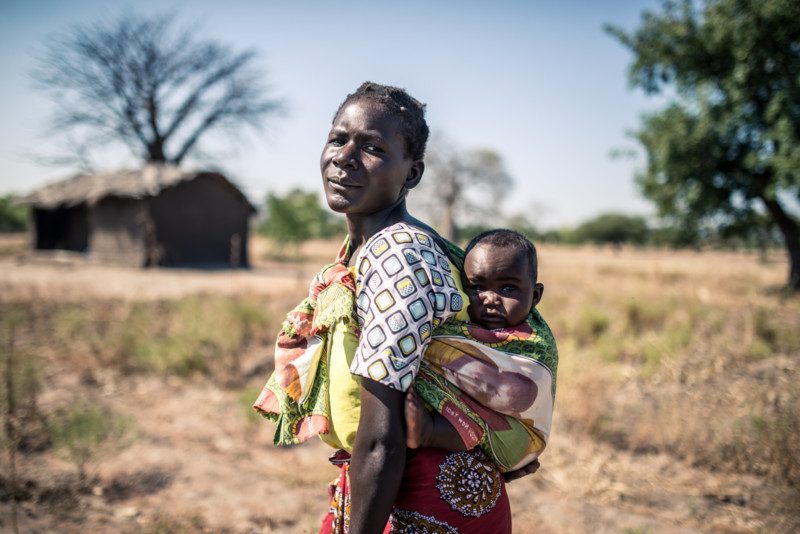
When someone dies and leaves their assets, money or heirlooms to one or more people, those who are receiving these gifts are known as a beneficiary.
It’s important that the people or organisations that are your beneficiaries are meaningful to you, so it’s vital that your Will is up-to-date and reflects your wishes.
Despite how important a Will is to ensuring your beneficiaries are correctly identified, according to the NSW Public Trustee, only 45% of Australians have a valid Will.
Here’s what you need to know about including beneficiaries in your Will, so that your legacy can live on, exactly as you’d like it to.
What is a beneficiary?
A beneficiary is simply a person or organisation who is eligible to receive distributions from a trust or Will. They’re usually loved ones like family or close friends, or a charitable organisation that aligns with your values or has meant something to you. A beneficiary can receive monetary gifts, assets or sentimental heirlooms.
Why are beneficiaries important?
Just like going to the dentist or doing taxes, many of us put off writing our Will because it’s something we don’t really want to think about.
But if you aren’t specific in how you would like your estate to be distributed after you die, if something were to happen to you, it will come down to a Court of Law to try and interpret what your wishes might be and this doesn’t always reflect your intentions.
When people die without a valid Will, it’s common for disputes to take place, which can cause further heartache for grieving loved ones. This is unfortunately common in Australia, where approximately 50% of Wills are contested.
That’s why it’s so important to clearly outline your beneficiaries in your Will. Not only will you have peace of mind in knowing that your friends and family will be spared any conflict, but by leaving no room for misinterpretation, your estate won’t be tied up in the legal system and can therefore go towards helping the people and causes that need it most, as quickly as possible.
Types of beneficiaries
There are two types of beneficiaries that are included in Wills. It’s important to understand the difference so that you can think deeply about how you’d like to divide your estate.
- Specific beneficiaries: who hold interest in a specific asset such as a boat or car.
- Residuary beneficiaries: who are entitled to a share of the overall estate once specific gifts have been allotted and any debts of the estate are paid out.
For example, you might wish for your daughter to be the specific beneficiary of your home. But after your house has been allocated to her, you may identify your partner to be the residuary beneficiary of 50% of the remaining assets and bequeath 50% of your remaining assets to a charity.
How do I choose a beneficiary?
Your beneficiaries should be people or organisations who are important to you in life. For many people this will be family members, friends and causes that they’ve been involved with and trust to make good decisions around how your gift is managed.
Who you choose to be a beneficiary in your Will is deeply personal and shouldn’t be rushed into. Take the time to reflect on your values, speak to people you love and carefully put together a Will that reflects who you are and the legacy you’d like to leave behind.
Can I choose a charity to be a beneficiary?
While loved ones should always be your first consideration, have you ever thought about the legacy that you could leave behind by including a charity as a beneficiary in your Will?
Around 25% of Australians say they would like to include a charity but it’s often not top of mind when it comes time to write their Will, resulting in only 7.5% following through. This is unfortunate because for many people, their legacy is a wonderful chance to make a big difference in the lives of vulnerable people around the world, even if they didn’t have the means to do so during their lifetime.

Being a beneficiary in people’s Wills allows charities to do some of their most important work. And while every charity may be different, in most cases these gifts are used to facilitate long-term projects that are designed to deliver the most impact.
At Oxfam, we’re as transparent as possible with how the gifts we receive help people. We have lots of great resources to help you make an informed decision and a friendly and inclusive bequests team there to answer any of your questions and help you on your journey.
By including us in your Will, you’re supporting a global movement of people who are working hard to tackle poverty and inequality through practical, innovative solutions that directly impact and improve lives. Whether it’s climate justice, gender discrimination, economic inequality or justice for the First Peoples of Australia, leaving a gift to Oxfam is a contribution that will keep on giving for generations to come.
How do I include a charity as a beneficiary my Will?
Whether it’s a small gift or large, including a charity as a beneficiary in your Will is a highly rewarding experience that goes towards helping those who need it most.
But how do you include a charity as a beneficiary in your Will? Unless you have a particularly complex financial situation, the process is generally straightforward.
1. Download our Wills Guide and suggested Will Wording.
2. Contact the bequests team of the charity you’d like to include in your Will, so they can give you as much information and guidance as you need.
3. Take your Wills Guide and suggested Will Wording resources with you when you see your solicitor or familiarise yourself with them as a guide to help you write your own Will.
4. If you are writing a new Will, include the following passage where appropriate:
“I give, devise and bequeath, free of all duties and taxes, *____________________________________ to Oxfam Australia (ABN 18 055 208 636) of 130-138 Leicester Street, Carlton Victoria 3053 for its general purposes. An authorised receipt from Oxfam Australia will be a sufficient discharge for the executor(s) or trustee without seeing to the final distribution of the funds.”
*Insert one of the following:
the whole (or …%) of the residue of my estate
the whole (or …%) of my estate
the sum of $ (amount)
(Details of a particular asset, such as shares or property.)
5. If you have an existing Will, you can include an amendment — also known as a codicil — to your Will. This allows you to make legally binding changes without having to start the process again from scratch. Your solicitor can help you do this, or you can download the paperwork online.
6. Sign your Will and keep it in a secure place. It’s always advisable to have two copies of your Will. One in a safe place in your home or other easily accessible spot, and one with a trusted friend or professional for safekeeping.
Start thinking about your own Will
Now that you know what a beneficiary is and how important it is to be clear in your Will about who you’d like to include, it’s time to start thinking about your own circumstances. It’s never too early or too late to start planning your legacy.
If you’ve lived a life of compassion and social justice and would like your legacy to make a deep impact after you’ve gone, consider including Oxfam as a beneficiary in your Will. Our work with some of the world’s most vulnerable communities relies on a movement of people like you —doing their best to ensure that everyone has the opportunity to live a full healthy life, free from poverty and inequality.
Because when we work together, we change the world every day.
Want to learn more about how to leave a legacy with Oxfam? Download our Free Will Guide or reach out to our Bequests Team on 1800 088 110 or bequest@oxfam.com.au